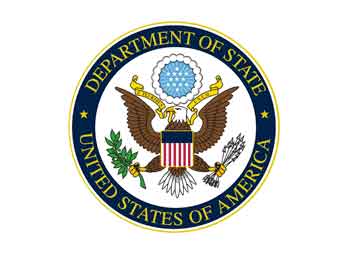Ghana’s Parliament passes the Environmental Protection Bill 2024, consolidating existing laws to address environmental challenges, climate change, and enhance regulatory efficiency.
Ghana’s Parliament has approved the Environmental Protection Bill 2024, marking a significant milestone in the nation’s commitment to addressing environmental challenges. The bill, passed on January 2, 2025, consolidates existing legislation into a unified framework to enhance the country’s environmental governance.
The bill integrates several key legislative frameworks, including the Environmental Protection Act, 1994 (Act 490), the Pesticides Control and Management Act, 1996 (Act 528), and the Hazardous and Electronic Waste Control and Management Act (Act 917). This consolidation aims to streamline administrative decision-making and improve regulatory efficiency.
The new legislation also establishes the Environmental Protection Authority (EPA) as a central body to oversee and coordinate environmental activities, emphasizing the multi-sectoral nature of environmental issues.

A critical component of the bill is its focus on climate change mitigation and adaptation. It outlines provisions for low-emission development strategies and climate resilience measures, positioning Ghana to meet international environmental standards and obligations.
Part 1: Establishes the EPA and outlines its regulatory authority.
Part 2: Focuses on pesticide control and management.
Part 3: Addresses hazardous waste management.
Part 4: Regulates electronic waste disposal and recycling.
Part 5: Provides a framework for climate change mitigation and resilience.
The Environmental Protection Agency Act, 1994 (Act 490), which the new bill replaces, was introduced nearly three decades ago to address environmental concerns. However, emerging challenges such as climate change, hazardous waste, and electronic waste have underscored the need for a more comprehensive legal framework.
The EPA, initially established as an advisory council in 1974, transitioned to a regulatory body with the enactment of Act 490. Despite its expanded mandate, the Agency faced challenges due to fragmented laws and limited enforcement capacity. The new bill seeks to resolve these issues by consolidating legislation and enhancing the EPA’s role.
The Ghana Environmental Protection Bill 2024 now awaits Presidential assent to become law. Once enacted, it is expected to strengthen Ghana’s environmental governance, promote sustainable development, and position the country as a regional leader in climate resilience and environmental protection.
Industry stakeholders and environmental advocates have lauded the bill’s passage, emphasizing the importance of robust implementation and cross-sectoral collaboration to ensure its effectiveness.
This legislative milestone highlights Ghana’s commitment to addressing complex environmental challenges and fostering a sustainable future for its citizens.
credit – thehighstreetjournal.com


